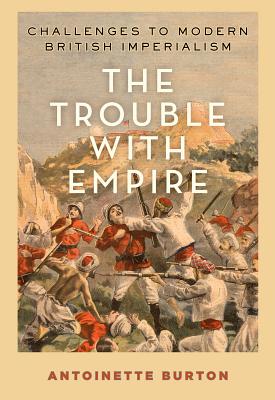Expedite your nonfiction book discovery process with Readara interviews, summaries and recommendations, Broaden your knowledge and gain insights from leading experts and scholars
In-depth, hour-long interviews with notable nonfiction authors, Gain new perspectives and ideas from the writer’s expertise and research, Valuable resource for readers and researchers
Optimize your book discovery process, Four-to eight-page summaries prepared by subject matter experts, Quickly review the book’s central messages and range of content
Books are handpicked covering a wide range of important categories and topics, Selected authors are subject experts, field professionals, or distinguished academics
Our editorial team includes books offering insights, unique views and researched-narratives in categories, Trade shows and book fairs, Book signings and in person author talks,Webinars and online events
Connect with editors and designers,Discover PR & marketing services providers, Source printers and related service providers

The Trouble with Empire: Challenges to Modern British Imperialism
History > Modern - 19th Century
- Oxford University Press, USA
- Paperback
- 9780190858551
- 8 X 5.1 X 0.9 inches
- 0.75 pounds
- History > Modern - 19th Century
- (Single Author) Asian American
- English
Readara.com
Book Description
Pax Britannica-the conviction that peace was the dominant feature of modern British imperialism-remains the working presumption of most empire histories in the twenty-first century. The Trouble with Empire, in contrast, originates from skepticism about the ability of hegemons to rule unchallenged and about the capacity of imperial rule to finally and fully subdue those who contested it. The book follows various forms of dissent and disruption, both large and small, in three domains: the theater of war, the arena of market relations, and the realm of political order.
Tracking how empire did and did not work via those who struggled against it recasts ways of measuring not simply imperial success or failure, but its very viability across the uneven terrain of daily power. The Trouble with Empire argues that empires are never finally or fully accomplished but are always in motion, subject to pressures from below as well as above. In an age of spectacular insurgency and counterinsurgency across many of the former possessions of Britain's global empire, such a genealogy of the forces that troubled imperial hegemony are needed now more than ever.
Author Bio
I’m a historian of 19th and 20th century Britain and its empire, with a specialty in colonial India and an ongoing interest in Australasia and Africa. I’ve written on topics ranging from feminism and colonialism to the relationship of empire to the nation and the world. Women, gender and sexuality have always been central to my research, much of which has been concerned with the role of Indian women in the imperial and postcolonial imagination. I’ve edited collections about politics, mobility, postcolonialism and empire and have frequently collaborated with Tony Ballantyne.
At Illinois I have taught courses on modern British history and imperialism, gender and colonialism, autobiography and the archive, approaches and methods and world history. I am currently working on a Bloomsbury series on the cultures of western imperialism and a Duke University Press series on history teaching.
I am currently the director of the campus humanities center, The Illinois Program for Research in the Humanities. I am also the Principal Investigator for the Andrew W. Mellon Foundation grant, Humanities Without Walls.
Research Interests
Modern Britain and empire; colonial India; women, gender and feminism; postcolonial studies; world history
Education
B.A. Yale University, 1983
M.A. University of Chicago, 1984
Ph.D., University of Chicago, 1990
Source: University of Illinois Urbana-Champaign
Videos






Community reviews
No Community reviews

